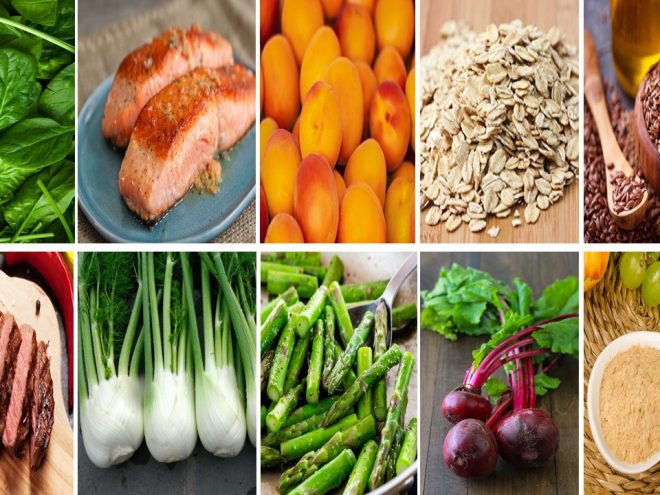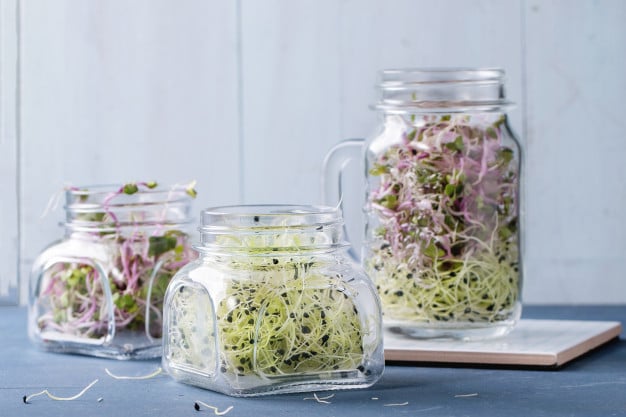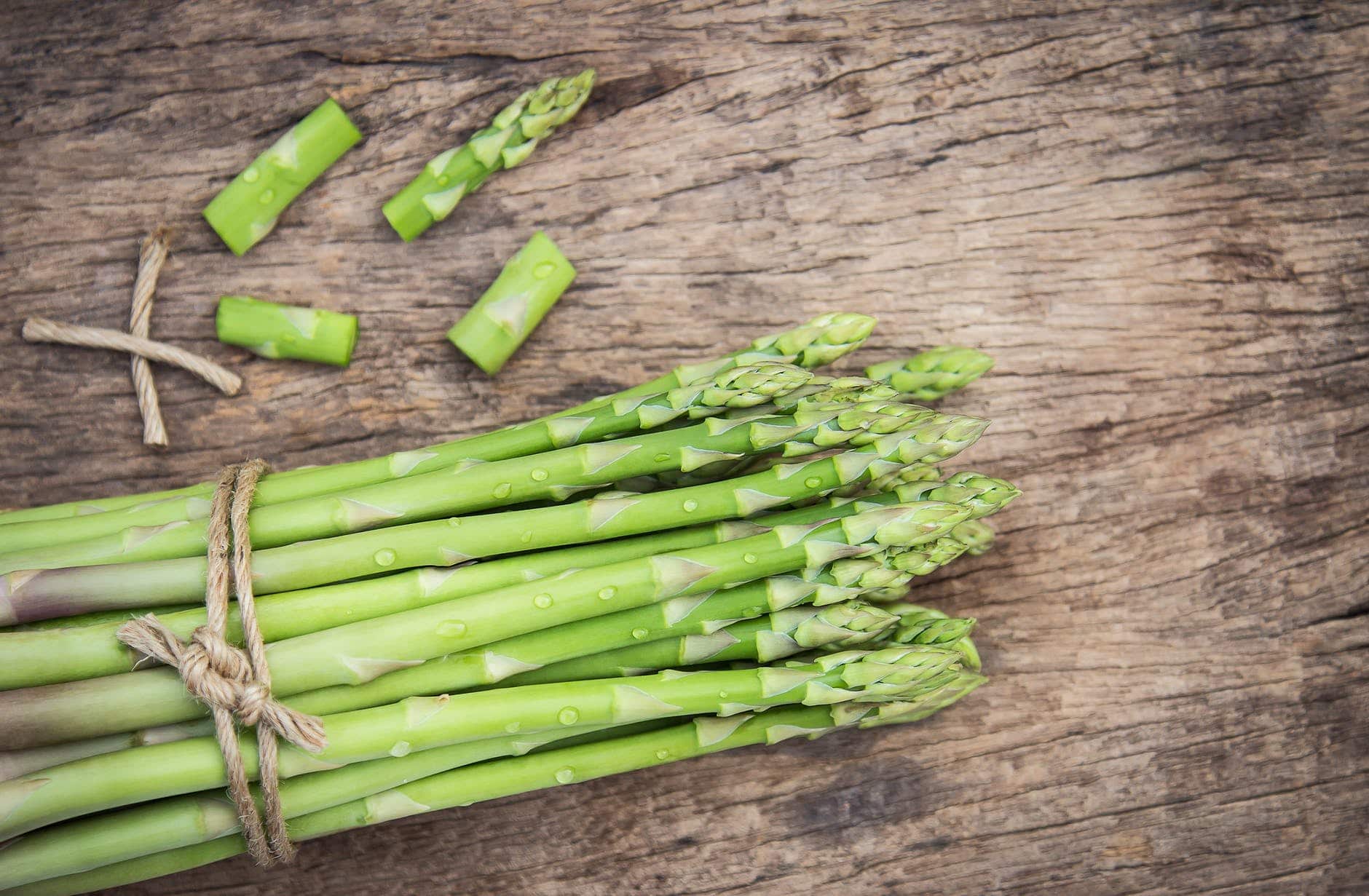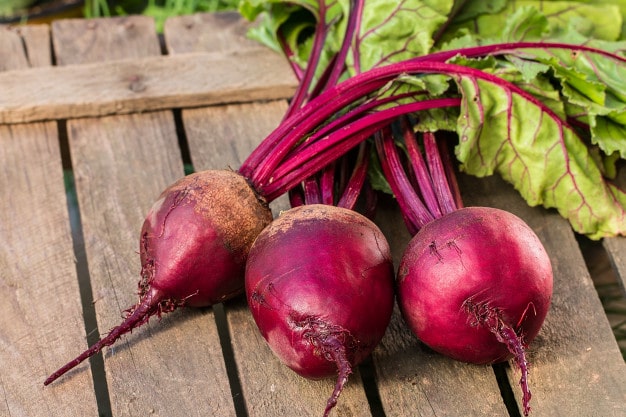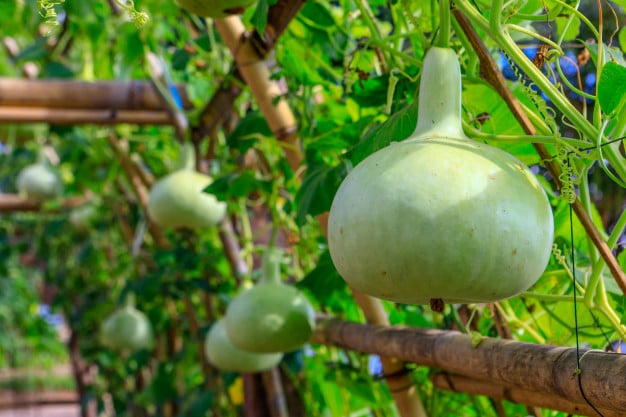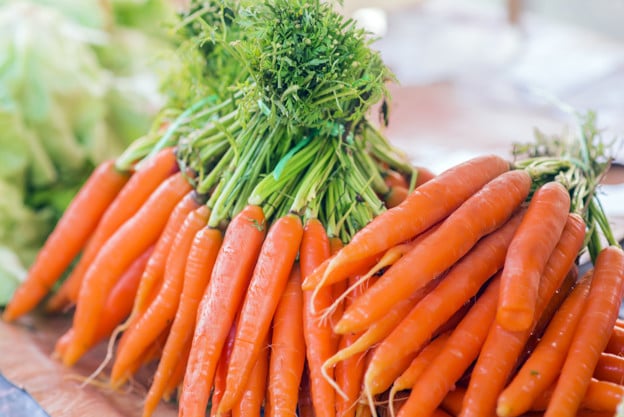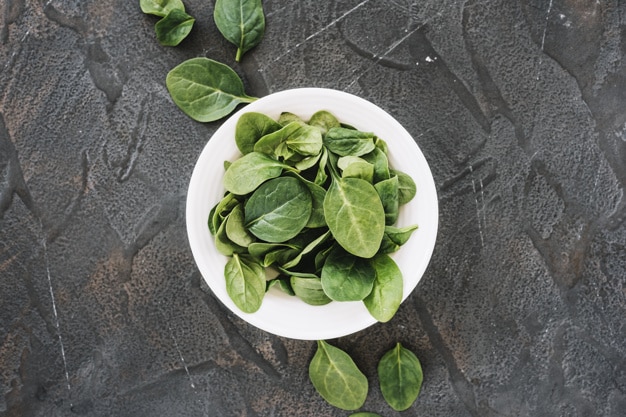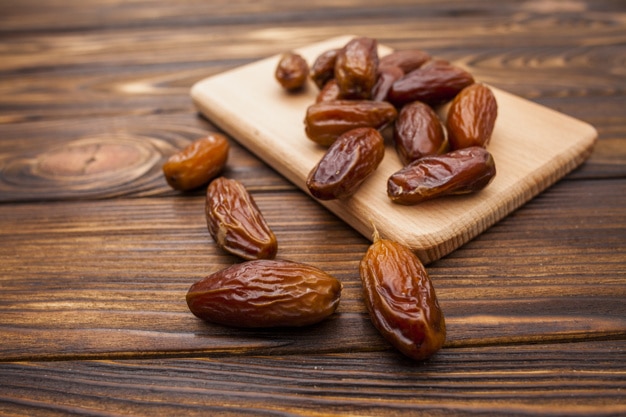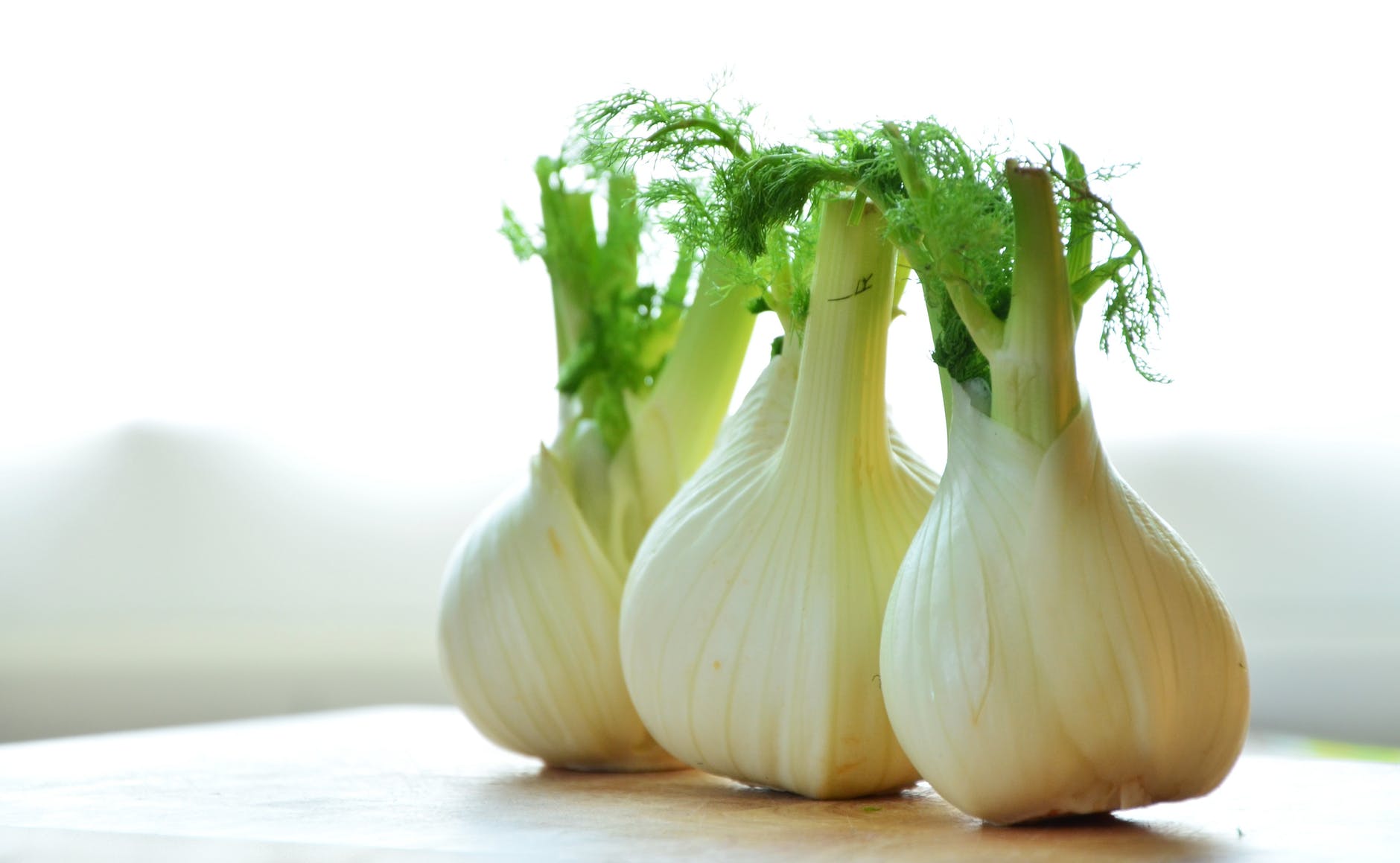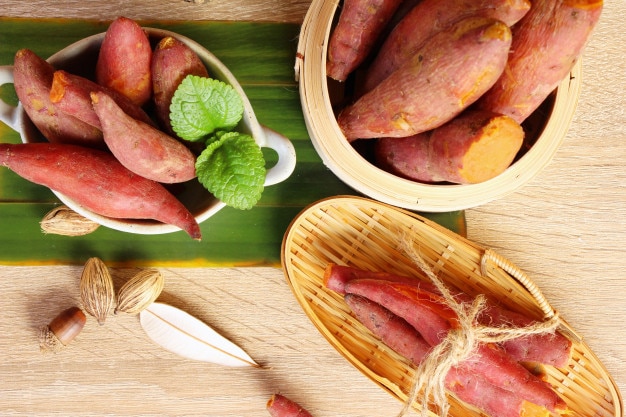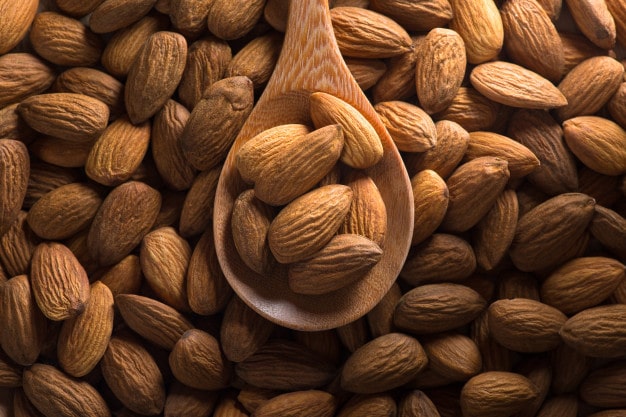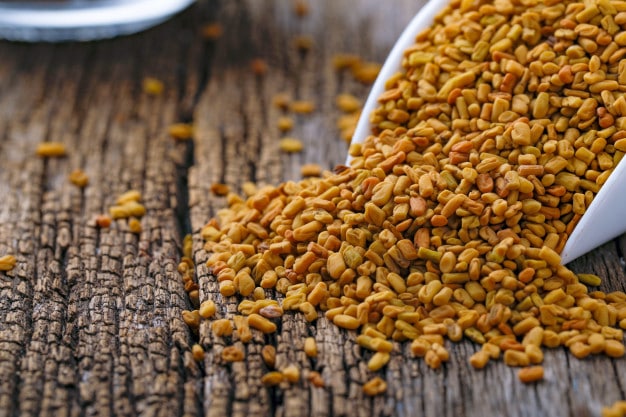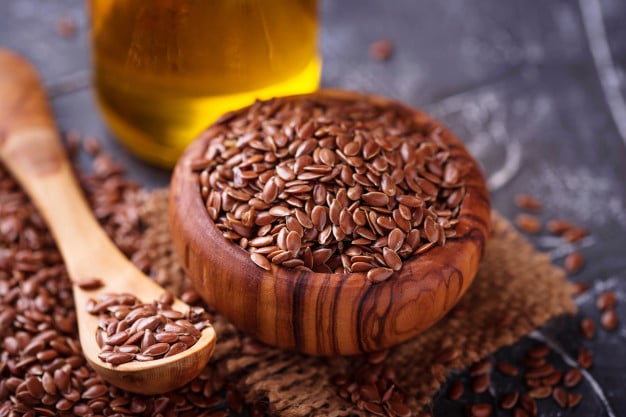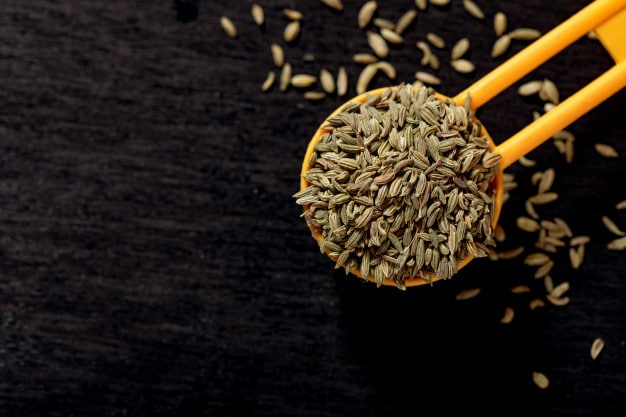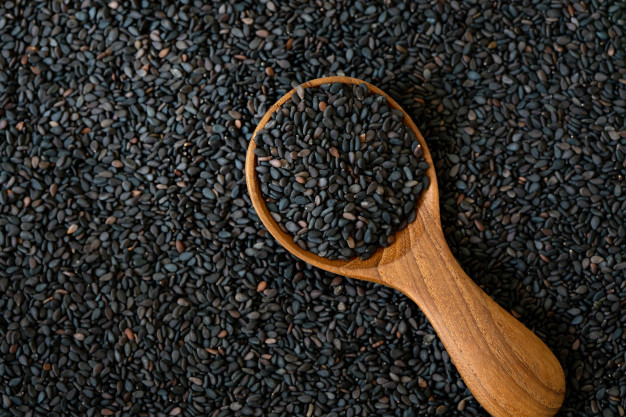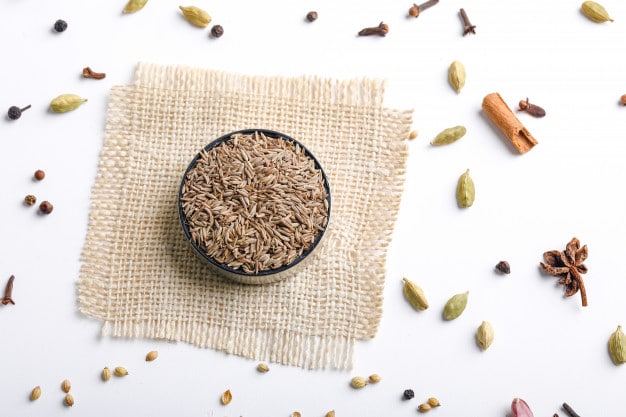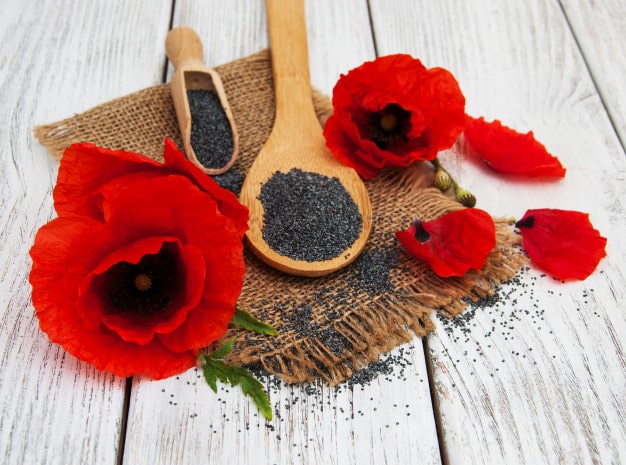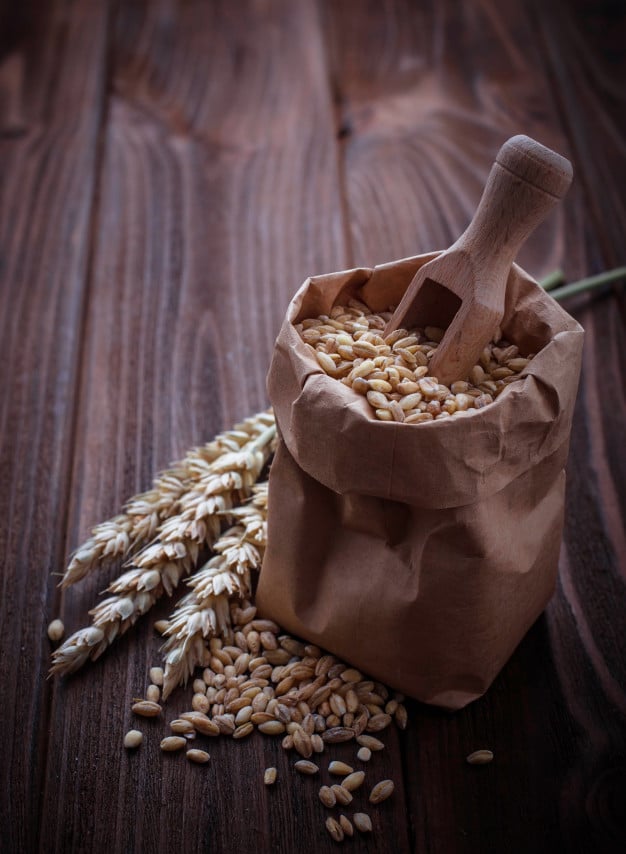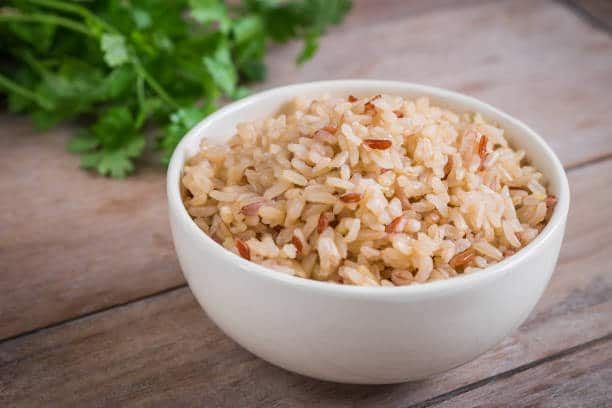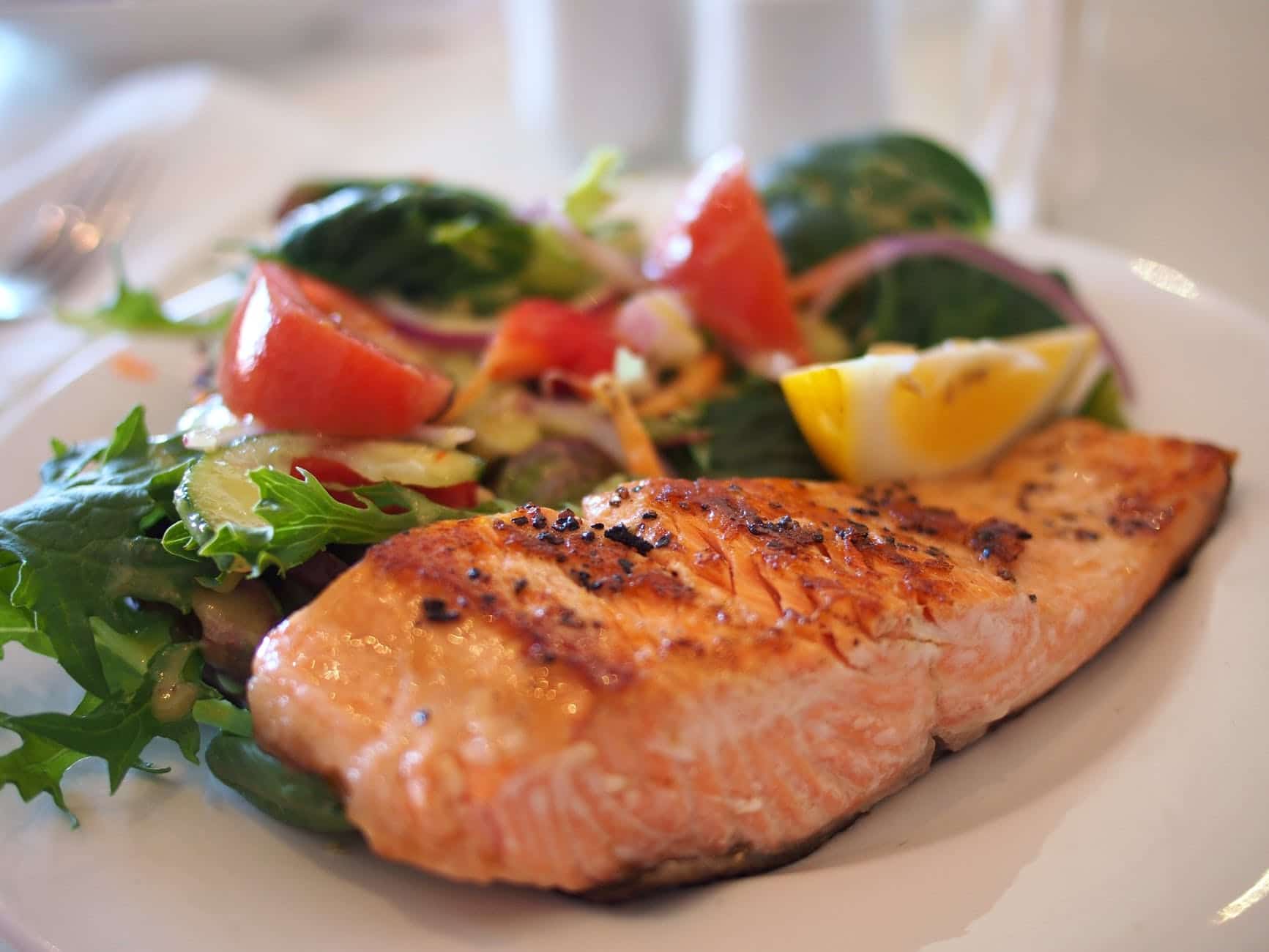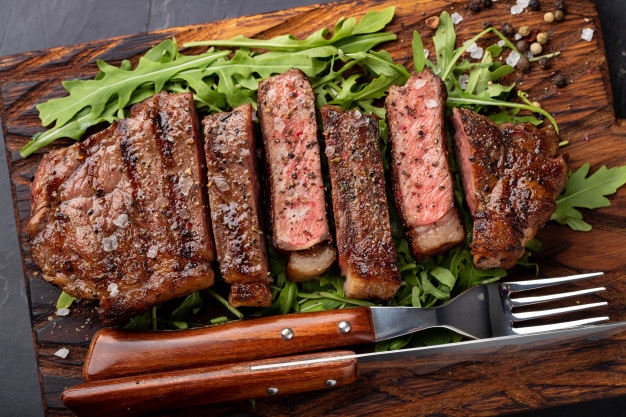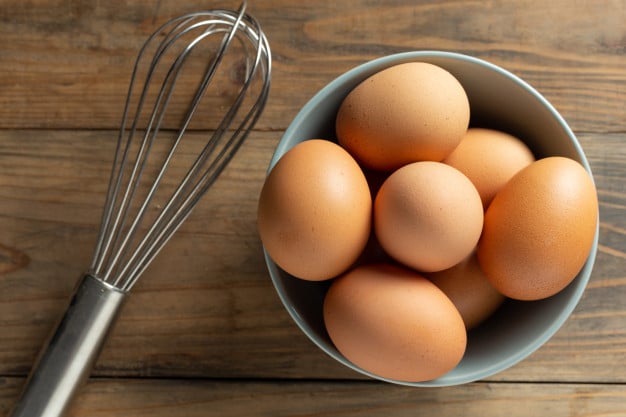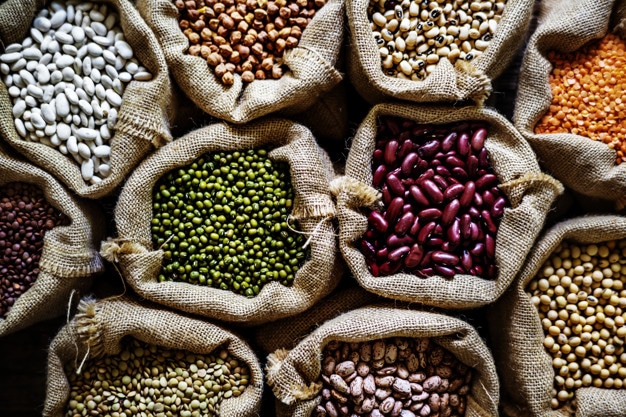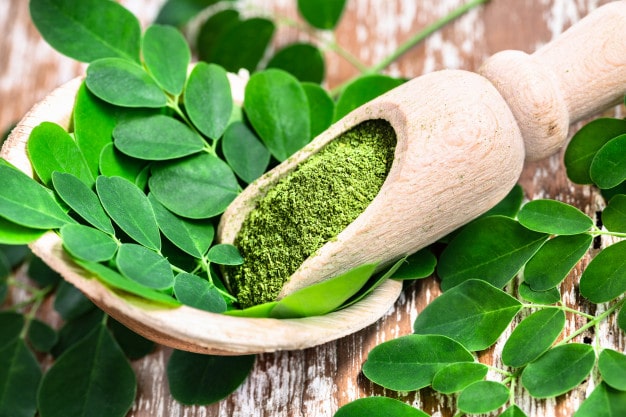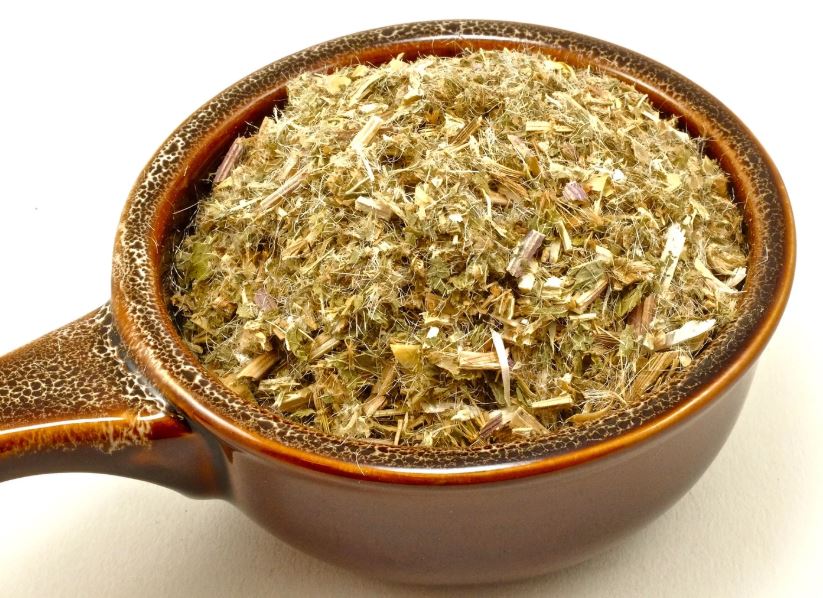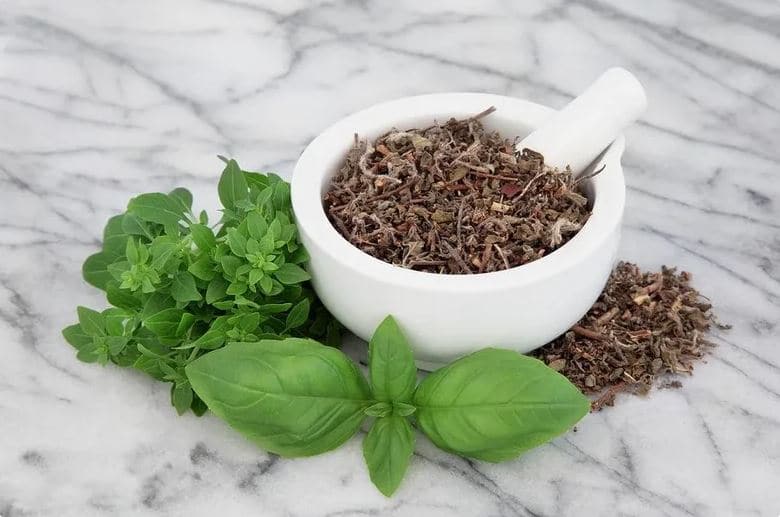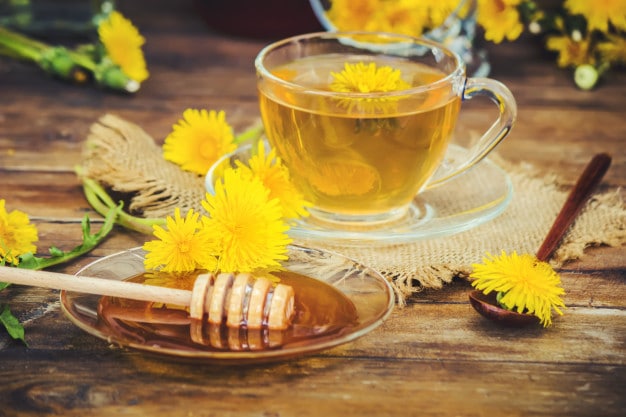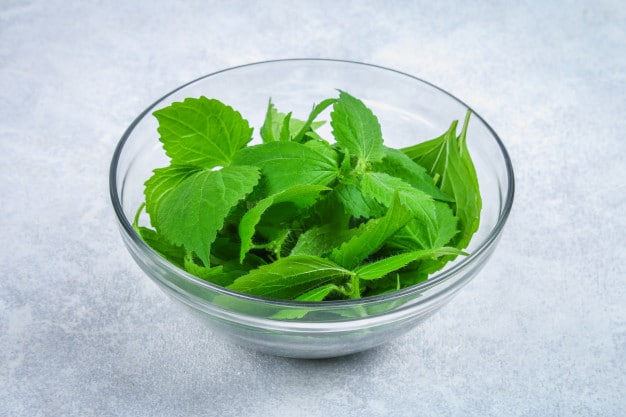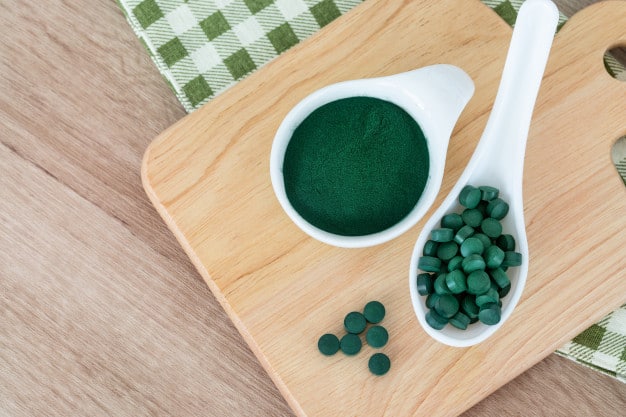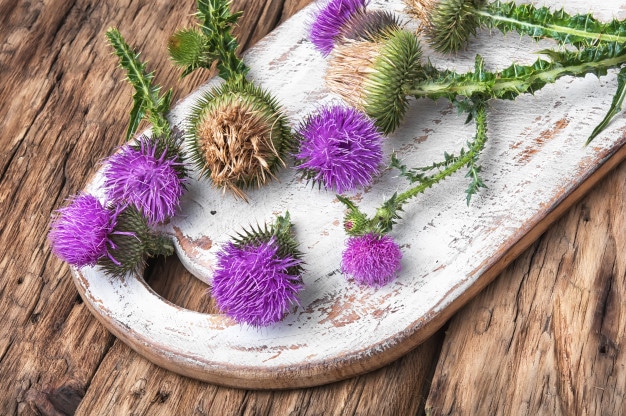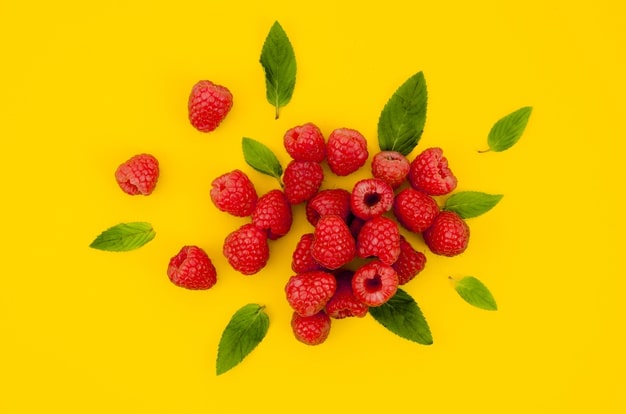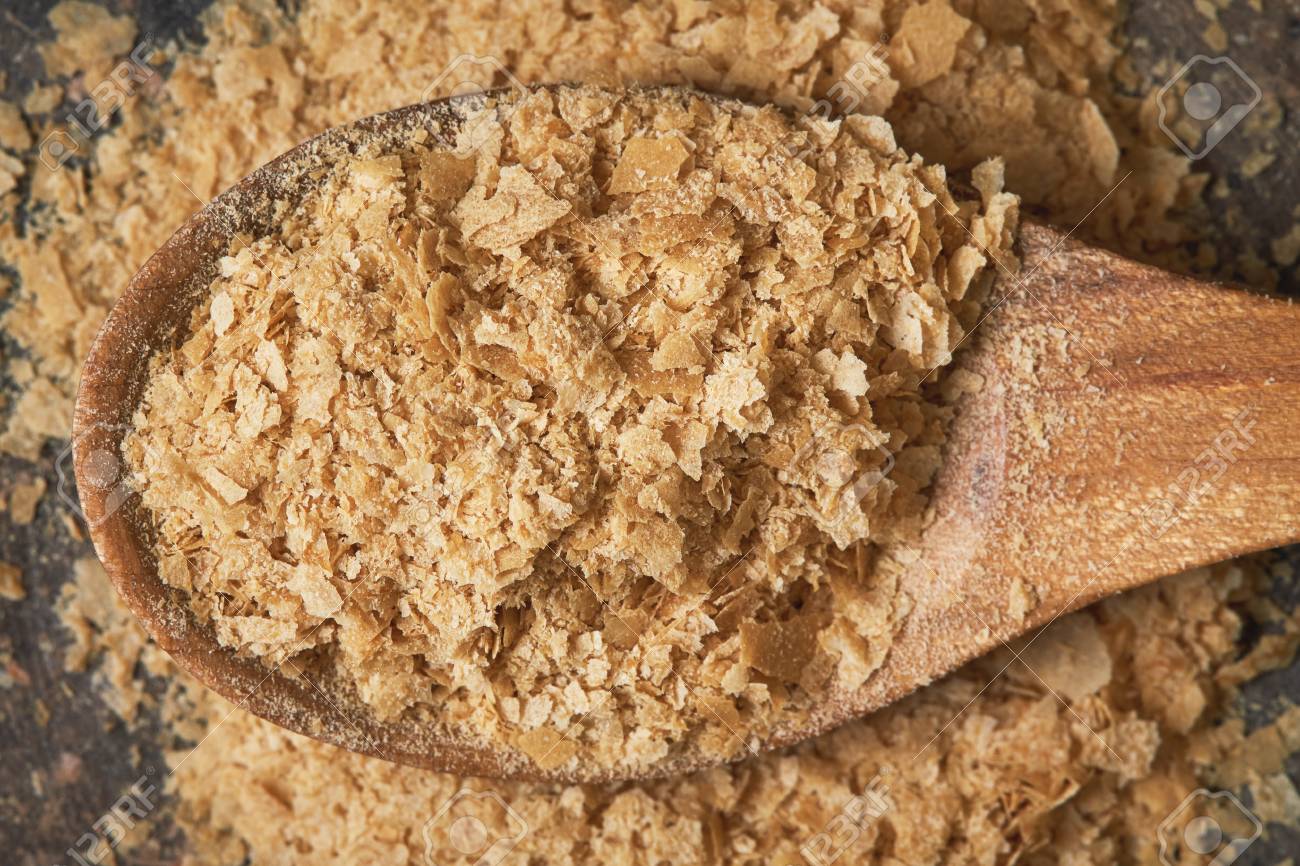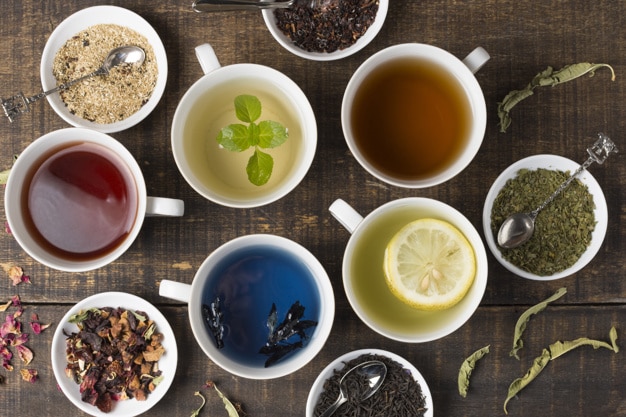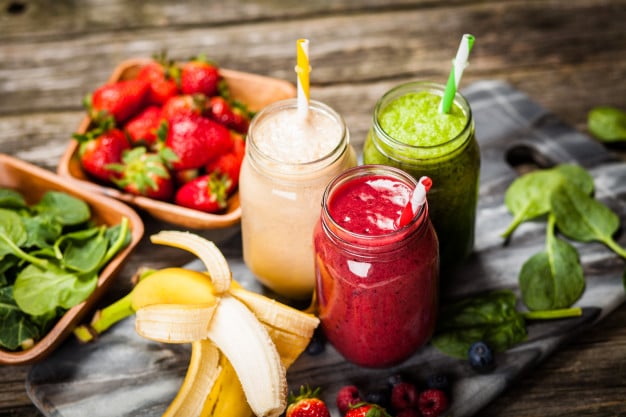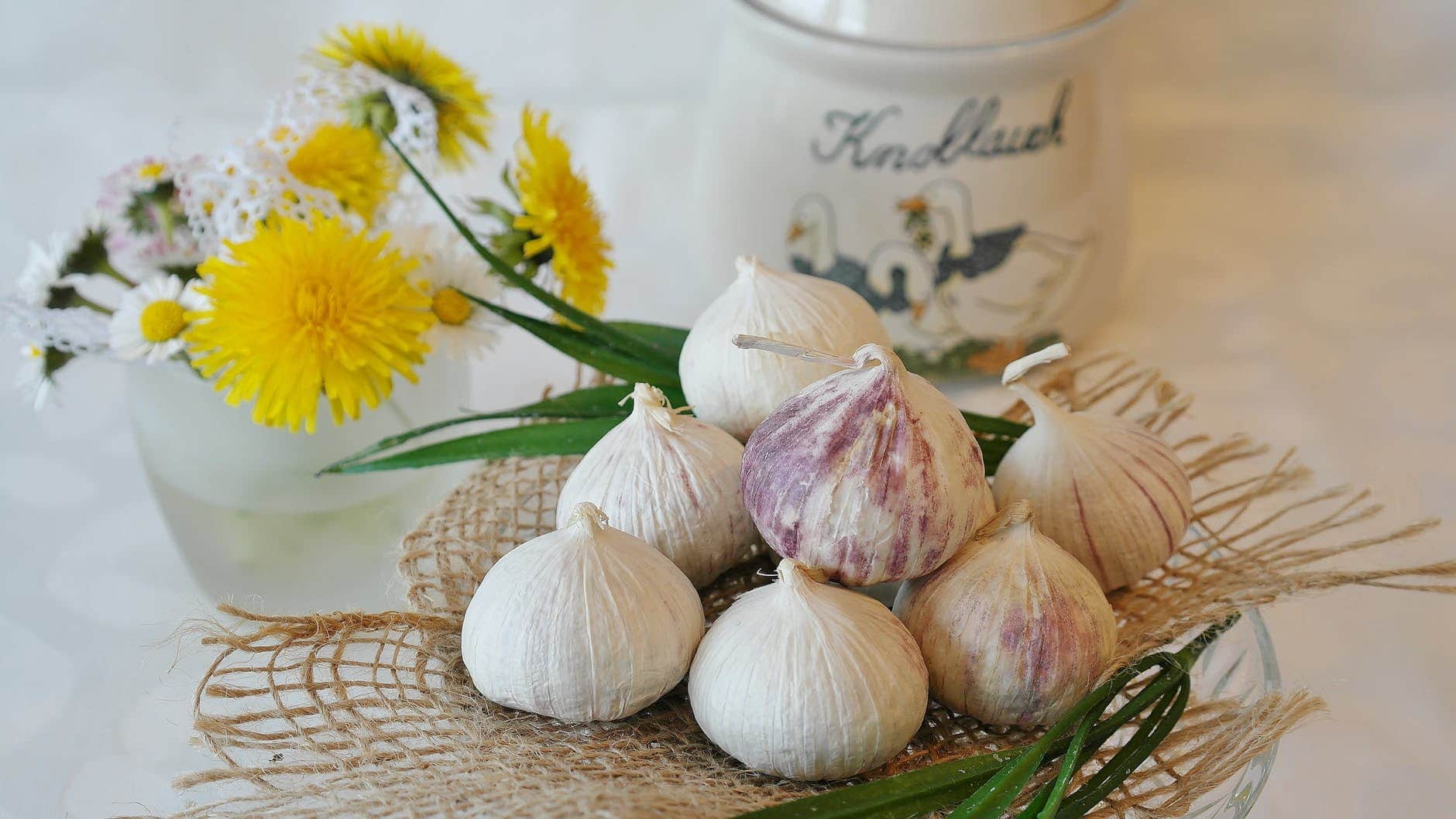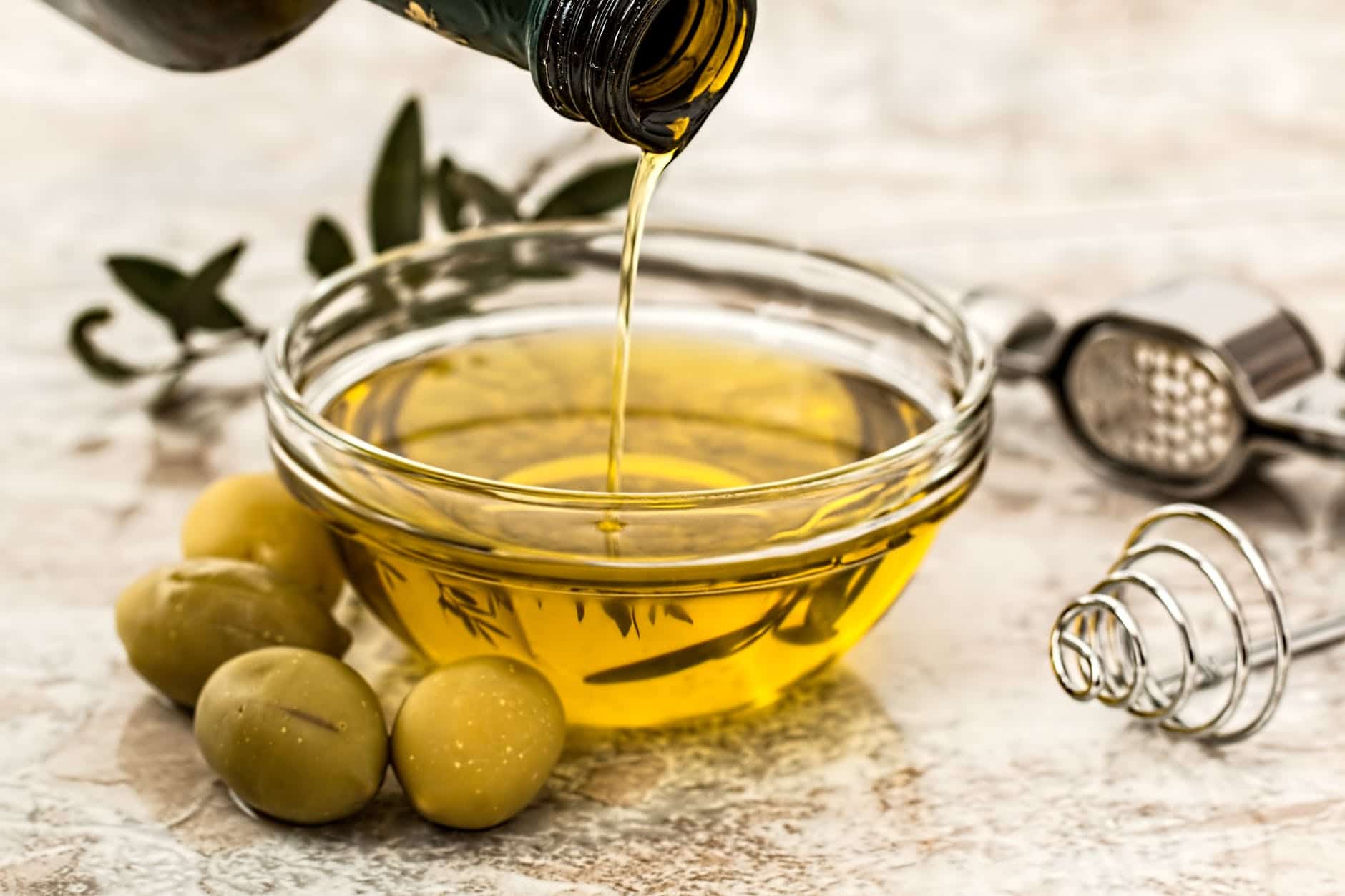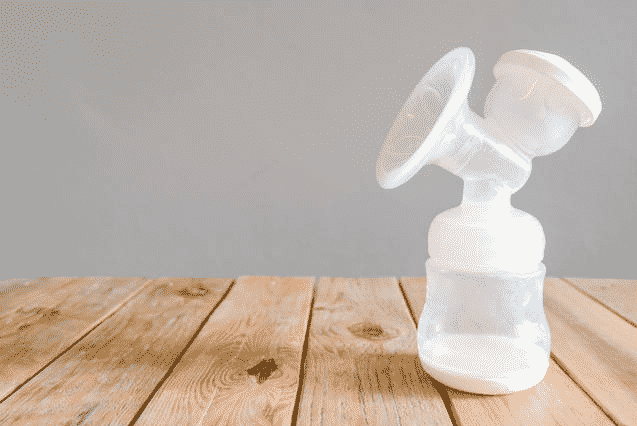How to increase breast milk through by eating lactogenic superfoods?
Most lactation consultants, including the La Leche League, says you should follow a healthy, sensible diet that includes fresh fruit and vegetables, whole grains, high-quality fats and proteins from animals and plants.
But this is very broad. For your convenience, we go into more detail below about the Superfoods that would be most helpful in boosting your milk supply.
Contents
How To Increase Breast Milk Supply With Lactogenic Foods
Foods that help boost milk supply goes by a few names: Lactogenic foods and/or galactagogues (pronounced gah-lak´tah-gogs). No matter what you choose to call it, your goal will always be to include as many of these foods in your diet.
How To Increase Milk Supply – Fruits And Vegetables
-
Apricots

Apricots are a great source of Vitamin A and C, calcium and potassium. Eating apricots can increase prolactin, which is the hormone that tells your body to produce milk.
Apricots also contain phytoestrogens, which mimics what estrogen does in our bodies. Phytoestrogens help the milk-producing hormones, which is why apricots are considered a galactagogue. Fresh and dried apricots are great but do try to avoid apricots packed in syrups.
-
Avocado
Avocados are full of potassium, amino acids, and protein. They are a healthy source of fat.
The high amounts of monounsaturated fats in avocados help our bodies absorb fat-soluble vitamins such as K, A, E, and D.
Avocado is also a great way of getting DHA into our bodies. DHA is an essential omega 3 fatty acid, which helps with your baby’s brain development.
Avocados provide 40% of your daily fiber needs. This is excellent because it aids in digestion and prevents constipation.
-
Alfalfa
Alfalfa is abundant in vitamins, minerals, and amino acids. It is known to help boost milk supply.
You can have alfalfa in a salad or sandwich.
-
Asparagus
Asparagus stimulates milk-producing hormones in breastfeeding mothers because it is high in Vitamin K and A. It is also high in fiber.
However, consuming asparagus may make your baby’s urine smell. Also, some babies may not like the taste of the milk.
-
Beets
The beta carotene in red vegetables is important to the production of breast milk. Beets also have the added benefit of supplying iron and minerals.
-
Bottle Gourd
Bottle gourd is a vegetable. It is an excellent source of vitamins and minerals. It is considered a milk-boosting ingredient because it helps a nursing mom retain water and stay hydrated, which is essential for lactation.
-
Carrots
Carrots are full of lactation promoting qualities because it is rich in beta carotene and abundant in vitamins. A glass of pure carrot juice with your breakfast can work wonders in improving the quantity and quality of your milk supply. (Make your own carrot juice with a juicer.
 )
) -
Dark Leafy Greens
Dark leafy greens are very nutritional. They are an excellent source of calcium, iron, enzymes, minerals, vitamin K and Folate. Dark green, leafy vegetables also contain phytoestrogens, which are plant-based chemicals that have similar properties as Estrogen.
Phytoestrogens are known to promote breast tissue health and lactation.
Dark leafy greens you can have are:
- Spinach
- Kale
- Arugula
- Swiss chard
- Collard greens
If you don’t like the flavor of dark leafy greens, consider freezing it first, then adding it into your lactation smoothies. Frozen leafy greens are much more palatable in smoothies.
-
Dates
Eating dates can increase prolactin, which is the hormone that tells your body to produce milk. Dates are also calcium-rich, high in fiber and naturally sweet.
-
Fennel
Fennel has estrogen-like properties, which is why it is considered a galactagogue.
You can add fennel to your diet by eating it raw as a vegetable or using fennel seeds
 as a tea or a spice to flavor foods. (See fennel seeds below.)
as a tea or a spice to flavor foods. (See fennel seeds below.)(Fennel is also available as a supplement. However, this is not recommended for lactating moms. Fennel consumption should be limited to foods that you eat. It is true that fennel will increase your milk supply, but too much fennel can actually decrease your breast milk supply.)
-
Green Papaya

Green papaya is known to increase the production of oxytocin, which is the hormone that regulates milk production in a mother’s body.
Green papaya has many health benefits. It is a common milk-boosting food in Asia. It is considered a superfood that can increase the quality and quantity of your milk.
Green papaya is high in Vitamin A, Vitamin C, Vitamin E, Vitamin K, enzymes, minerals, and Folate. It is one of the richest sources of Vitamin C, so it will boost your immunity and accelerate your recovery after your baby’s birth.
Green papaya is not ripe. It can be simmered until it’s soft enough to eat.
-
Sweet Potatoes & Yams
Yams and sweet potatoes are an excellent source of vitamin A, beta carotene, iron, carotenoids, and potassium. A small sweet potato contains the daily recommended amount of vitamin A. Vitamin A is important for vision, bone growth, immune function, and cell specialization.
The beta carotene in yams and sweet potatoes are important to the production of breast milk.
How To Produce More Breast Milk – Nuts And Seeds
Seeds and nuts contain protein, fiber, vitamins, minerals, antioxidants, and healthy monounsaturated and polyunsaturated fats. They are good for your skin, help you stay younger-looking and protect you from heart disease.
Caution: If there is a history of nut allergies in your or your husband’s family, stay away from nuts until your baby is at least three months old. Food proteins can easily pass from mom to baby’s bloodstream in the first three months.
-
Nuts (In General)
Nuts, in general, are an excellent source of omega 3 fatty acids and proteins. Nuts help with the production of serotonin, which is essential for milk production. They are considered a superfood because they are a powerhouse of nutrition. Nuts have high amounts of Vitamins K and B, iron, zinc, and calcium.
In many parts of the world, nuts are used as a lactogenic food – particularly almonds. They have been used and written about extensively in ayurvedic literature and are widely believed to be one of the most lactogenic foods available.
Nuts can be eaten alone as a snack, in salads, on sandwiches (almond butter
 , peanut butter
, peanut butter ,) in cookies or milk.
,) in cookies or milk. -
Almonds
Almonds are great for breastfeeding moms because they are a good non-dairy source of calcium.
Breastfeeding moms should have 1,000 mg of calcium daily. Breastmilk is generally high in calcium – if you don’t get enough calcium in your diet, the calcium you do have will go to the breastmilk and this could negatively impact your bones and teeth.
Eat almonds by the handful, mix them into snacks, salads, pasta, and casseroles. If you are having crackers or toast, have it with almond butter
 .
. -
Fenugreek Seeds
According to this scientific study, fenugreek is an effective herb to help boost milk supply. In fact, fenugreek is the most widely used and popular herb used to increase breast milk supply.
Generally, moms notice an increase in milk supply within 48-72hrs from starting with fenugreek.
Some moms swear by fenugreek taken as a supplement, others say that the fenugreek seeds are particularly beneficial to milk supply. You will have to test and see which works best for you. If you do try the seeds, you can make a tea out of it and drink that a few times a day.
Some moms say that they know they are taking enough fenugreek when their urine and sweat starts to smell like maple syrup.
-
Flaxseed (And Flaxseed Oil)
Flaxseed
 has phytoestrogens, which influences breast milk production.
has phytoestrogens, which influences breast milk production.It’s a healthy fat that contains omega-3 and omega-6 fatty acids. It is generally very good for you but as a lactating mom, it will also give your breast milk a nutritional boost. The omega-3 and omega-6 fatty acids are essential for a baby’s developing immune system.
Flaxseed
 can be found in almost every lactation cookie recipe.Easy And TastyLactation Cookies You Can Make Yourself
can be found in almost every lactation cookie recipe.Easy And TastyLactation Cookies You Can Make Yourself -
Fennel Seeds
Fennel seeds are considered to be a galactagogue because it has estrogen-like properties, which is beneficial to lactating moms.
You can have fennel seeds as a spice, as a tea or a snack:
- To make fennel tea: Place 1 to 3 teaspoons of fennel seed
 in a cup. Fill it with 8 ounces (1 cup) of boiling water.
Let it steep for approximately 10 minutes. Strain the seeds from the tea and enjoy.
in a cup. Fill it with 8 ounces (1 cup) of boiling water.
Let it steep for approximately 10 minutes. Strain the seeds from the tea and enjoy. - As a Herb/Spice: Fennel seeds can add flavor to several recipes, like fish, salads, and sauces.
- Snack: You can chew whole, raw fennel seeds. You can also fry or roast them for more flavor.
Fennel is also available as a supplement. However, this is not recommended for lactating moms. Fennel consumption should be limited to foods that you eat or as explained above because taking too much fennel can actually decrease your breast milk supply.
- To make fennel tea: Place 1 to 3 teaspoons of fennel seed
-
Black Sesame Seeds
Black sesame seeds
 are known to increase breast milk supply because they are a rich source of calcium, fiber, iron, magnesium, phosphorus, copper and manganese.
are known to increase breast milk supply because they are a rich source of calcium, fiber, iron, magnesium, phosphorus, copper and manganese.Sesame seeds can be toasted or eaten raw. Sprinkle them over salads, veggies or granola. You can also mix them into homemade granola bars and health bars.
-
Cumin Seeds
Cumin seeds
 can help boost lactation but need to be eaten in moderation. They can help with digestive issues and are sometimes used to burn fat. Cumin seeds are normally used to spice food.
can help boost lactation but need to be eaten in moderation. They can help with digestive issues and are sometimes used to burn fat. Cumin seeds are normally used to spice food. -
Poppy Seeds
Poppy seeds
 are not a galactagogue, per se. However, they can indirectly impact your milk supply in a positive way. Poppy seeds have a calming effect on us, and the more calm and relaxed you feel, the more breast milk you will produce.
are not a galactagogue, per se. However, they can indirectly impact your milk supply in a positive way. Poppy seeds have a calming effect on us, and the more calm and relaxed you feel, the more breast milk you will produce.Add poppy seeds to your salads, granola and lactation cookies.
Easy And TastyLactation Cookies You Can Make Yourself -
Anise Seeds

Anise seeds
 contain anethole, which is a phytoestrogen. This is why anise seeds are considered a galactagogue.
contain anethole, which is a phytoestrogen. This is why anise seeds are considered a galactagogue.Anise
 seeds are also considered a spice or herb. You can find them in many stores, and it’s also available as a tea.
seeds are also considered a spice or herb. You can find them in many stores, and it’s also available as a tea.
Please note – anise seeds are not the same as star anise. Star anise is not safe for breastfeeding.
How To Increase Breast Milk – Grains
-
Oatmeal

Oatmeal is one of the most common galactagogues. It is considered a Superfood amongst lactating moms. In fact, you will find oatmeal in almost every lactation cookie or lactation smoothie.
Easy And TastyLactation Smoothie Recipes To Increase Your Milk SupplyOatmeal is a healthy choice because it’s high in iron, fiber, protein, and antioxidants. The high iron is great because many new moms are iron deficient. Oats also contain a high concentration of saponins, which is an immune-stimulating compound that may help increase your levels of prolactin. Prolactin is a key hormone for milk production.
Incidentally, oats have long been used by dairy farmers to boost milk production in lactating cows.
Oats are very versatile. You can have them for breakfast as porridge or in a smoothie. You can also bake bread and lactation cookies.
Easy And TastyLactation Cookies You Can Make Yourself -
Barley
If you have celiac disease, you will want to stay away from barley. If not, go all in because barley is a great galactagogue.
Barley is the richest dietary source of beta-glucan, a polysaccharide that increases prolactin. Prolactin is known as the breastfeeding hormone.
It is an excellent source of dietary fiber, and it’s very versatile. In fact, you can use barley in lactation teas, stews, soups, salads, bread, risotto, porridge, and more. Save the water that you used to boil the barley, and drink it throughout the day. You can flavor your barley water with lemon and honey, for example. It will keep you well hydrated.
-
Brown Rice
Brown rice is believed to stimulate the hormones responsible for milk production. They also give you energy and they will contribute to your postpartum recovery.
Foods To Increase Breast Milk – Proteins & Legumes
-
Salmon & Sardines
Wild-caught, farm-raised or canned? Wild-caught is better but it can be really hard to get your hands on wild-caught fish year-round. But even if you can’t, farm-raised is a good substitute.
Both salmon and sardines will do two things for you: 1) it can increase breast milk production, and 2) improve the quality of your milk. They are an excellent source of protein, too. Salmon, in particular, is rich in vitamin B12 and omega-3 fatty acids. It’s also one of only a few sources that have natural vitamin D. (Many of us, particularly women, have vitamin D deficiencies.)
Another benefit of eating salmon and sardines is that it contains B12 and omega-3, which are believed to help ward off postpartum depression.
Salmon is also great for breastfeeding moms because it contains large amounts of DHA – a type of fat important for the development of a baby’s nervous system.
-
Beef
As a breastfeeding mom, you have more need for the mineral zinc. Beef is a high-quality protein that is rich in zinc, iron and B vitamins. It also helps you maintain your energy, which you will definitely need with a new baby at home. Whenever possible, choose grass-fed beef when you can because it has more omega-3 fatty acids and doesn’t have added antibiotics and hormones.
-
Eggs
Eggs are a quick, easy meal or snack. They are also rich in protein, choline, lutein, vitamins B12 and D, riboflavin and folate. Try to eat the whole egg for optimal nutrition.
New research shows eggs will not increase your cholesterol.
-
Beans And Legumes
Beans and legumes are generally a great source of protein, iron, and fiber. It is for this reason that they are considered a great milk booster. It also improves the quality of your milk.
Beans and legumes have lots of minerals and phytochemicals, which can stimulate the immune system and block bad substances we eat, drink and breathe. (According to the American Institute for Cancer Research, phytochemicals can block cancer-causing carcinogens and reduce the kind of inflammation that makes cancer growth more likely.)
In particular, chickpeas provide 20% of your daily intake of protein. They are a powerhouse of nutrients like folate, fiber, iron, phosphorus, thiamine, Vitamin B6, magnesium, and Zinc. Chickpeas also contain plant estrogens, which is why it’s a popular galactagogue.
Eat chili, bean dip, hummus, bean casseroles and anything bean related! Add beans and chickpeas to your salads too.
If you are worried about gas, try to stop. Yes, beans and legumes do cause gas but their benefits far outweigh the gas you may experience.
How To Increase Milk Supply – Herbs
-
Moringa
Moringa is known as the miracle tree. In some cultures, it’s known as a superfood because, amongst other benefits, it helps to increase breast milk supply in nursing moms.
Moringa is traditionally used to supplement the necessary minerals (iron, calcium, potassium, zinc), vitamins (A, C, E, and the B complex), and protein in pregnant and breastfeeding mothers. In fact, moringa is known to have 12 times more vitamin C than oranges, 17 times more calcium than milk, and 25 more iron than spinach.
Moringa is also available in the supplement “Motherslove” and moringa teas.
-
Blessed Thistle
Blessed thistle is a common herb used by lactating moms. It’s usually used in conjunction with Fenugreek in teas and other recipes. It can also be consumed as a blessed thistle supplement.
 Do check with your doctor or lactation consultant before you start taking supplements to increase milk supply.
Do check with your doctor or lactation consultant before you start taking supplements to increase milk supply. -
Fenugreek
Fenugreek is a herb but also considered a seed. (See fenugreek seeds above.)
As a herb, fenugreek is mostly taken as a supplement. It is the easiest and most effective method of consumption for lactating moms.
In most cases, moms notice an increase in milk supply within 48-72 hrs from starting with fenugreek. Some moms report that dosages less then 3500mg per day have little effect. Do check with your lactation consultant to see how much you should be taking.
You will know you are taking enough fenugreek when your urine and sweat starts to smell like maple syrup.
Fenugreek is considered safe but do check with your doctor or lactation consultant before taking any supplements.
-
Holy Basil
Holy Basil is also known as Tulsi. It’s a little less common than fenugreek and blessed thistle but it’s been used for centuries by lactating moms.
It is also known to be calming, helps with digestion, relieves constipation and promotes a healthy appetite.
Holy Basil is usually consumed as a tea
 .
. -
Dandelion
Dandelion leaves are high in iron and vitamin k. Dandelion leaf is not necessarily known as a galactagogue. However, it helps nursing moms by providing lots of nutrients, which in turn helps you to make more milk.
The dandelion flowers, stalks, and leaves are edible. But, if they are not growing in your yard, dandelion tea
 is just as easy to make.
is just as easy to make. -
Nettle Leaf
Nettle is not quite a galactagogue, but it is said to support nursing moms. Nettle leaf helps provide lots of nutrients to nursing moms so that there is a good supply of rich milk.
Nettle is very similar to dandelion leaf in its nutrient profile.
You can consume nettle leaf as a supplement or a tea.
-
Dill Leaves
Also less commonly known, but dill is a lactogenic herb. It can be added to foods or you can use it in teas.
-
Spirulina
Spirulina can be taken to help increase the fat content in your milk. Before taking this supplement, do check with your doctor or lactation consultant.
Taking 2-3 capsules a day may increase the quantity and quality of your milk.
-
Milk Thistle
Milk thistle has been used with positive results by breastfeeding mothers in India and Europe for generations.
There is no true scientific evidence that milk thistle can help nursing moms to make more breast milk. However, it has been proven that milk thistle increase milk supply in dairy cows.
Another factor is that the plant estrogens found in milk thistle could be one of the reasons some women report producing more breast milk when they take milk thistle.
Milk thistle can be consumed as a tea or as a supplement
 . If you are thinking of taking it as a supplement, do check with your doctor or lactation consultant first.
. If you are thinking of taking it as a supplement, do check with your doctor or lactation consultant first. -
Red Raspberry Leaf
Red raspberry leaves are rich in minerals and vitamins. In particular, it provides B vitamins, vitamin C and a number of minerals, including potassium, magnesium, zinc, phosphorus, and iron.
Although mostly used during pregnancy, red raspberry leaf
 can also have postpartum benefits. In particular, it will help increase milk supply. Postpartum, it can help the uterus return to pre-pregnancy size and help reduce postpartum depression.
can also have postpartum benefits. In particular, it will help increase milk supply. Postpartum, it can help the uterus return to pre-pregnancy size and help reduce postpartum depression.Red raspberry leaf is most commonly consumed as a tea
 or a supplement
or a supplement .
. -
Goat’s Rue
Goat’s Rue is popular in France and other European countries because of its milk boosting properties. It is also used to stimulate the growth of breast tissue, so it may be helpful for moms who want to breastfeed after breast surgery, or those who plan to breastfeed an adopted baby.
Goat’s Rue belongs to the same plant family as fenugreek.
CAUTION: Goat’s Rue in raw, plant form is considered toxic and dangerous. It is generally considered safe to take this herb in capsule
 form or to use the dried plant leaves in tea
form or to use the dried plant leaves in tea . As always, do check with your doctor or lactation consultant before starting a supplement.
. As always, do check with your doctor or lactation consultant before starting a supplement.
Foods To Increase Milk Supply – Other
-
Brewer’s Yeast
Brewer’s yeast is arguably the most common “go-to ingredient” when it comes to boosting milk supply. It is a lactation Superfood. It is also, quite possibly, in almost every lactation recipe.
Brewer’s yeast is a great source of B vitamins, necessary for a woman to produce milk. Brewer’s yeast also has trace minerals chromium and selenium.
Strictly speaking, there is no conclusive evidence that brewer’s yeast increases milk supply, but many nursing moms swear by it. You’d also be hard-pressed to find a lactation cookie recipe without it!
Having said that, brewer’s yeast
 IS BITTER. If you are baking lactation cookies, for example, other ingredients in the recipe can often hide the taste. With a lactation smoothie, however, it’s not that easy. If the flavor is a problem for you, solve that problem by getting debittered brewer’s yeast
IS BITTER. If you are baking lactation cookies, for example, other ingredients in the recipe can often hide the taste. With a lactation smoothie, however, it’s not that easy. If the flavor is a problem for you, solve that problem by getting debittered brewer’s yeast instead.
instead. -
Lactation/ Nursing Tea
Lactation teas
 are one of the most common choices for women who wish to boost their milk supply. That’s because making a cup of tea is way easier than preparing a meal. Drinking a cup of tea is also very comforting.
are one of the most common choices for women who wish to boost their milk supply. That’s because making a cup of tea is way easier than preparing a meal. Drinking a cup of tea is also very comforting.Nursing tea
 may contain a single herb or a combination of herbs like fenugreek
may contain a single herb or a combination of herbs like fenugreek , blessed thistle
, blessed thistle , milk thistle
, milk thistle , and fennel
, and fennel . These herbs are galactagogues that work together to support lactation and increase breast milk production.
. These herbs are galactagogues that work together to support lactation and increase breast milk production. -
Lactation Cookies
When you have a baby on your arm, it is very hard to sit down and have a decent meal. This is why many moms tend to snack. What easier way to snack, then with cookies.
Lactation cookies combine several milk-boosting ingredients to make a delicious cookie. Most of these ingredients are oatmeal, flaxseed and brewer’s yeast. Many store-bought lactation cookies
 may also have fenugreek.
may also have fenugreek.But, you can make lactation cookies yourself!
Easy And TastyLactation Cookies You Can Make Yourself -
Lactation Smoothies
Smoothies are generally nutritious and easy to make. And, since you have a baby to hold, you can drink it with one hand!
You have plenty of options to choose from when it comes to flavoring your lactation smoothie.
Mom-To Mom: If you are adding brewer’s yeast to your lactation smoothie, try debittered brewer’s yeast
 instead. Regular brewer’s yeast may be too bitter.Easy And TastyLactation Smoothie Recipes To Increase Your Milk Supply
instead. Regular brewer’s yeast may be too bitter.Easy And TastyLactation Smoothie Recipes To Increase Your Milk Supply -
Garlic
Garlic is a nutritious and healthy addition to most diets. But garlic is complicated! It is also believed to be a galactagogue, helping nursing mothers make more breast milk. However, garlic has a strong odor that goes into breast milk. Some babies don’t seem to mind the taste. In fact, some studies show that garlic-flavored milk may help keep breastfed babies nursing longer.
If your baby doesn’t like your milk after you eat garlic, you’ll have to add garlic to your list of foods to avoid while breastfeeding.
This is why garlic is complicated. Eating it will help increase your milk supply, but if your baby doesn’t like the flavor, he/she will not be drinking the milk you do have. And because breastfeeding strictly works on supply and demand, you will then start producing less milk.
It’s a pickle for sure!
Healthy Fats
To be clear, healthy fats will not increase your milk supply. In other words, fats are not galactagogues. However, babies need healthy fats and breast milk certainly delivers. Those fats are needed to develop your baby’s nervous system and brain.
It is therefore in your best interest to consume healthy fats like olive oils, coconut oils, etc. As you consume it, you make quality milk that is passed on to your baby.
-
Water
Water is not a galactagogue and it will not increase your milk supply. However, not drinking enough water will affect your milk supply. Lactation consultants say that drinking sufficient water is vital for milk supply. Too little water can dehydrate you and make you feel sluggish and slow.
A good habit to follow is to drink a glass of water before you start nursing and another glass after you finished nursing.
Foods To Avoid While Breastfeeding
Just as there are foods to increase milk supply, there are also anti lactogenic foods that may actually reduce your milk supply.
If you are consuming these foods in small amounts, you don’t have anything to worry about. However, do avoid them in large doses.
- Parsley;
- Spearmint and peppermint;
- Sage and oregano. (Sage tea can be used by moms suffering from engorgement);
- Decongestants like pseudoephedrine;
- Cabbage leaves on your breasts. (These are great for engorgement but should be avoided if you are trying to increase breast milk supply).
But while there are foods that can reduce your milk supply, there are also foods that could harm your baby.
Do Lactogenic Foods Really Work?
Most moms see results from eating lactogenic foods, but not all. However, because most lactogenic foods are nutritious, there will certainly be an increase in the quality of your milk, if not the quantity.
If you eat a well-balanced diet, many of these lactation foods may already be a part of our diet.
Like everything else, don’t overdo it. If you are eating lactogenic foods and they seem to be working for you, be sure to monitor the increase in your breast milk supply carefully. When you reach a point that you feel comfortable with, begin to cut back on how much of the milk boosting foods you’re eating. If you continue to increase your supply, you could end up with too much breast milk – which could lead to breast engorgement, plugged milk ducts, and mastitis.
A Note From The Author
It has been said a few times but it merits repeating. The supplements mentioned here are safe for boosting your milk supply. However, always check with your doctor or a lactation consultant before you start. We are all different and how one person reacts to a supplement can be different from another. Be safe!
